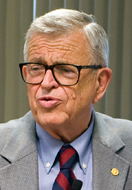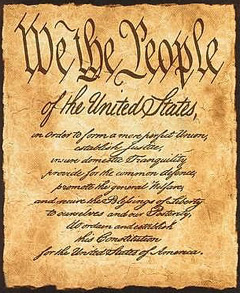 by Tom Gilson –
by Tom Gilson –
Let’s Just Reduce Our Altruism, Morals & Love to Brain Waves
I opened up “The End of Morality,” Discover magazine’s latest article on ethics and the brain (July/August 2011), and I wondered, “Will this be any different from the others?” Articles on this topic seem to follow a consistent pattern: (1) Researchers can pinpoint physical events taking place in people’s brains when they make ethical decisions. (2) Thus, science is discovering, finally, what ethics is all about: it’s chemistry and electricity doing their chemical and electrical thing inside your skull. And that’s it.
It’s an approach many thinkers call reductionist. Reductionism in this context means that crucial aspects of human experience, like consciousness, love, ethical decisions, the ability to make choices (free will), and so on are best understood as biological processes, which in turn are best understood in terms of chemistry and physics. It’s a matter of bringing down—reducing—these things to the lowest level of physical explanation.
According to reductionism, in fact, the only real thing going on is what happens at the level of chemistry and physics. [Read more…]

 by Peggy Noonan –
by Peggy Noonan – by John Jalsevac –
by John Jalsevac – by Rev. Robert A. Sirico –
by Rev. Robert A. Sirico –
 by Jason McNew –
by Jason McNew – by Suzanne Fields –
by Suzanne Fields – by Fr. Athanasios Papagiannis –
by Fr. Athanasios Papagiannis – by Peg Luksik –
by Peg Luksik –